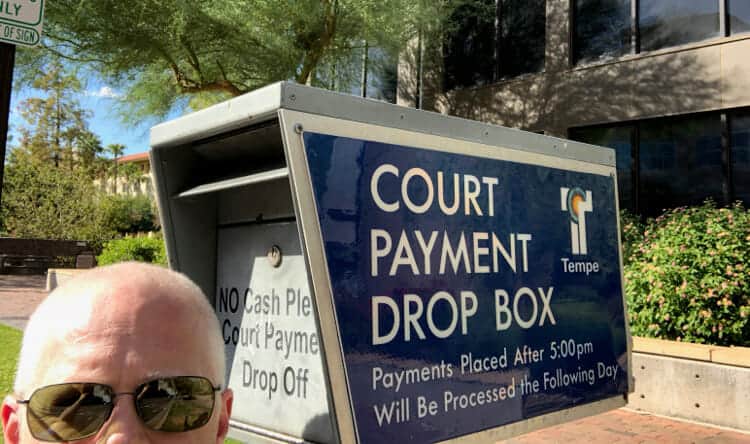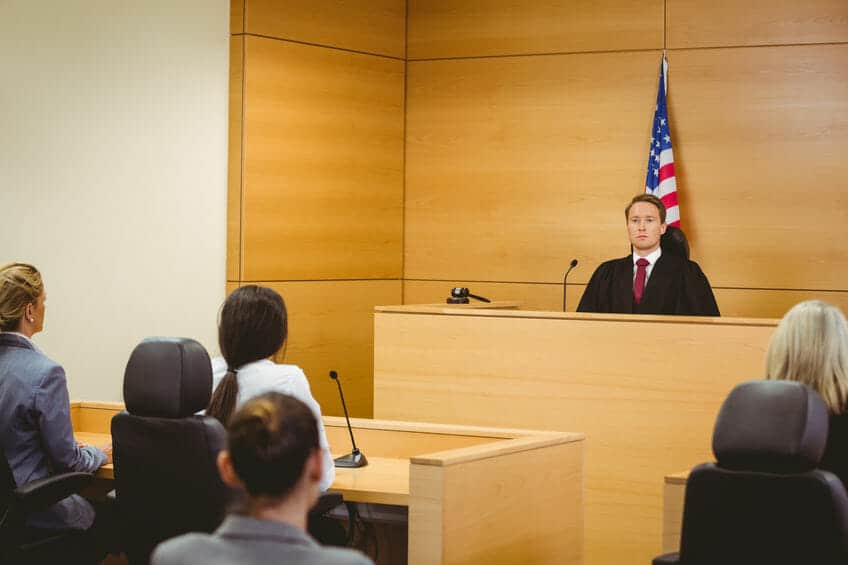Failure To Provide Driver License In Arizona
A.R.S. 28-1595B
Do you have to provide your driver license to the police officer during a traffic stop?
The short answer is YES. The failure to provide driver license statute is A.R.S. 28-1595(B). This statute requires that a driver, when stopped by law enforcement, must provide his or her driver license, or if not licensed, must provide evidence of identity that includes:
-
- The driver’s full name.
- The driver’s date of birth.
- The driver’s residence address.
- A brief physical description of the driver, including the driver’s sex, weight, height and eye and hair color.
- The driver’s signature.
So if you do get pulled over, we advise that you say as little as possible and don’t consent to a search of your vehicle. But you do need to provide ID. Check out this post for some tips for your next traffic stop.
CALL NOW OR UPLOAD YOUR TICKET
If you are a passenger in a car, do you have to provide identification when stopped by the police?
Probably yes. A.R.S. 28-1595(C) requires that a passenger in a car must provide identification IF the officer “has reasonable cause to believe the person has committed a violation of this title.”
While it seems unlikely that a passenger would violate a traffic law while NOT driving, I have no doubt that a police officer could come up with something. The takeaway here is that if a police officer asks for your ID, and you are inside a motor vehicle, you should probably provide your ID. Otherwise, you may end up presenting your defense in court. The lack of a factual basis will not stop a police officer from issuing you a ticket.
What are the consequences of not showing your license or identification during a traffic stop?
Failure to provide driver license and failure to provide identification are both class 2 misdemeanors. This means that a conviction carries the potential for up to $750 in fines, plus surcharges which will about double the fine, 4 months in jail, and probation.
Schedule a Free Consultation
Email us below and we’ll reach out.
Latest Blog Posts
How Does A $125 Fine Become A $505 Fine In Tempe Municipal Court?
When you plead guilty or are found guilty in a criminal traffic case, a fine is typically imposed. This can either be part of a plea agreement you reached with the prosecutor, or the fine can be imposed by the court. We recently concluded a criminal traffic case in Tempe Municipal Court wherein the plea agreement specified the fine would be $125.
Trial in a Misdemeanor Traffic Case
Most criminal traffic cases do not go to trial and here’s why. By the time a case is ready for trial, all discovery and disclosure has been completed. This means both parties have all of the information available and know the relative strengths and weaknesses of their cases. This also means that all negotiations have concluded.


